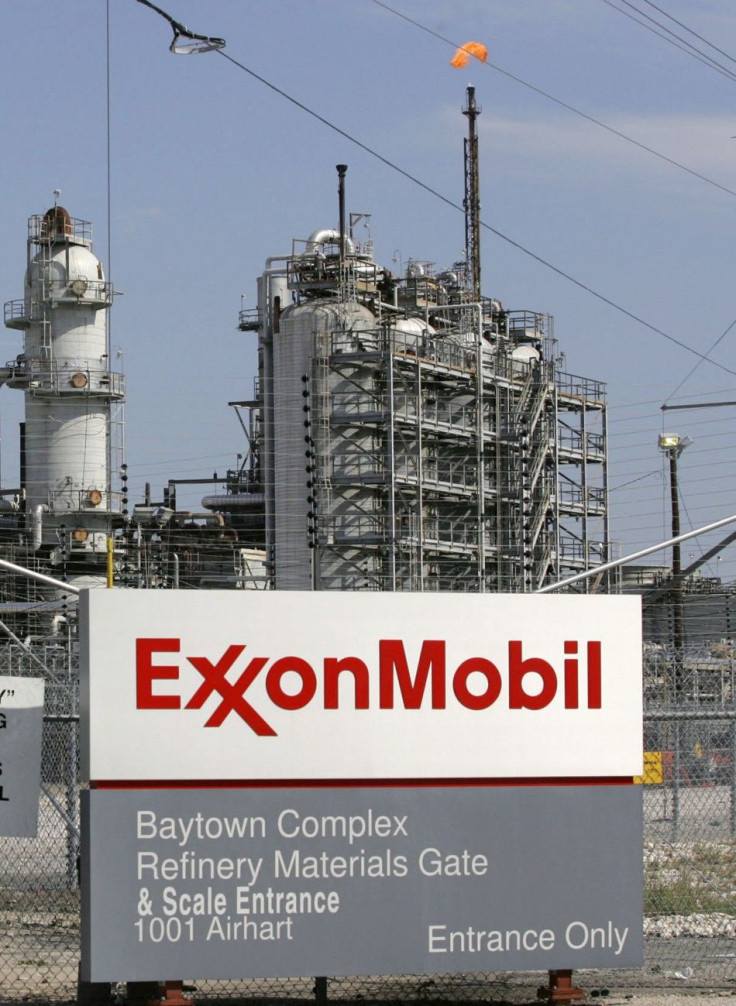Exxon Mobil, U.S. Government Reach Deal on Disputed Gulf of Mexico Leases

The Exxon Mobil Corp. and the U.S. government struck a deal on Friday that would allow the company to move ahead with development of a field in the Gulf of Mexico estimated to yield tens of billions of dollars of oil.
Exxon Mobil sued the government last year after the Interior Department canceled three of five leases for what is called the Julia field.
The settlement will allow Exxon Mobil to develop this very large, but technically challenging resource as quickly as possible using a phased approach, Exxon Mobil representative Patrick McGinn said in a statement.
In its lawsuit, Exxon Mobil argued that the department arbitrarily deprived the company of its rights under the canceled leases and took away its ability to produce a reservoir believed to hold billions of barrels of oil.
The dispute arose after the government rejected Exxon Mobil's October 2008 request for a suspension of production.
Following several appeals, the Interior Department concluded in a decision last May that Exxon Mobil lacked a commitment to producing oil at the time the leases expired.
The Interior Department said the proposed settlement preserves the important regulatory progress made in the decision last May that was challenged by Exxon Mobil.
The settlement provides incentives for timely and thorough development of the leases, and secures a fair return on those resources to the U.S. Treasury, the department said in a statement.
Exxon Mobil and its partner Statoil ASA have spent more than $300 million drilling two producible wells on the Julia prospect.
As part of its development strategy, Exxon Mobil was planning to drill three to six development wells and join them to a planned production facility operated by the Chevron Corp. located about eight miles away, according to the company's lawsuit.
(Editing by Ron Popeski)
© Copyright Thomson Reuters 2024. All rights reserved.












